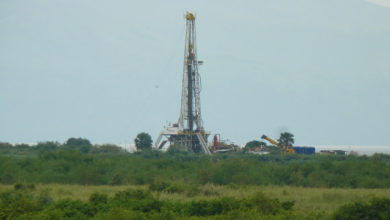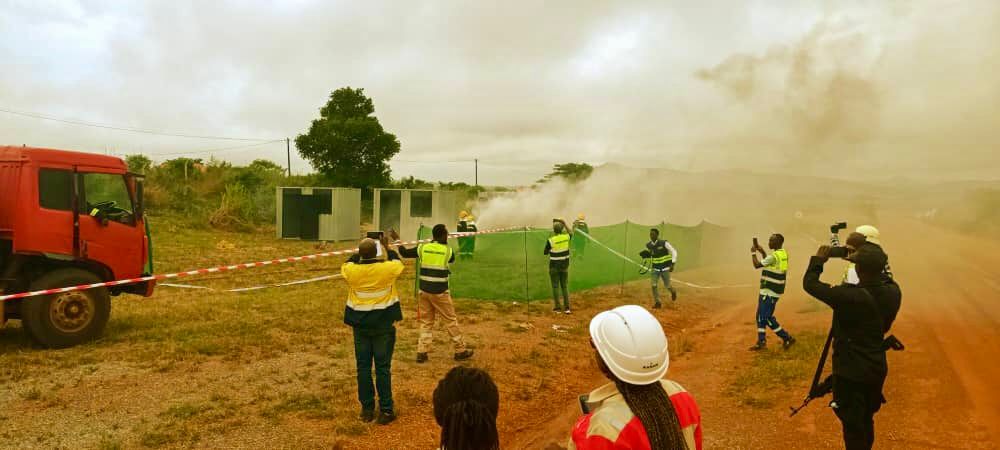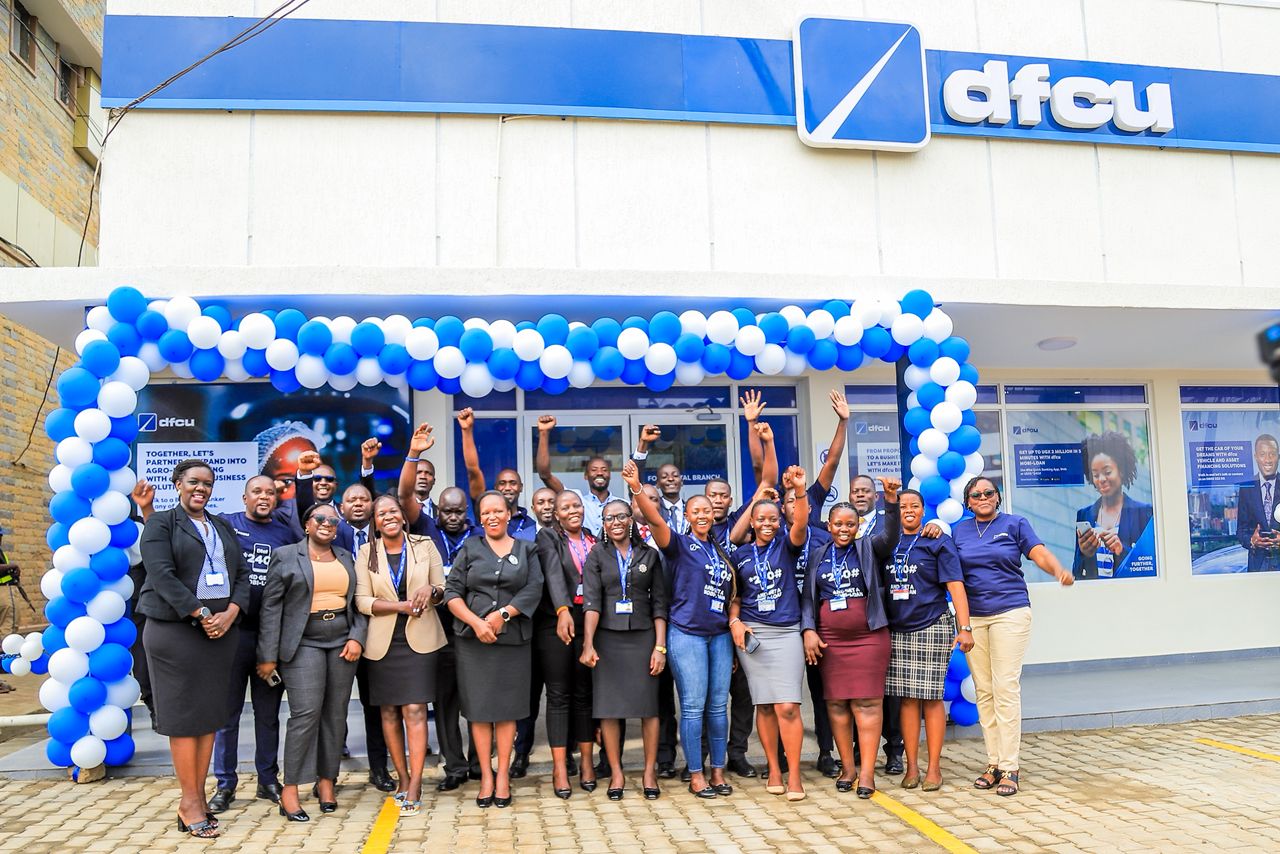Eco Talk Africa pilots ten trees per family environment project in Mukono
The ten trees per family project will give out fruit trees like the mango tree, orange tree, jackfruit tree, guava tree, avocado tree, lime tree, lemon tree and tangerine tree.
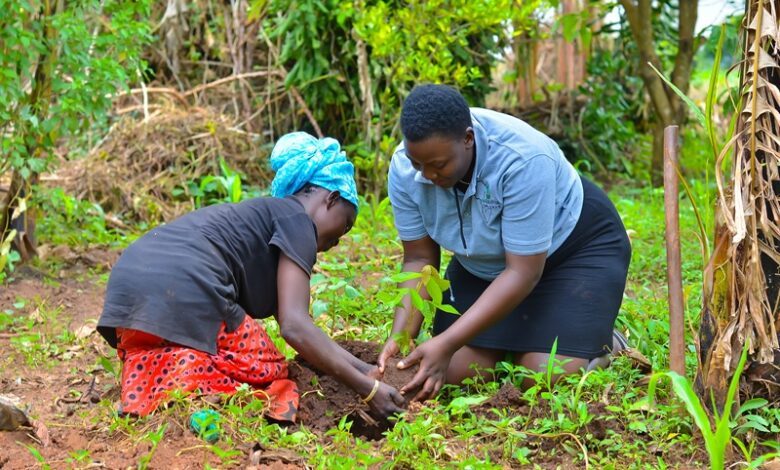
Residents in Mukono have emerged as the inaugural beneficiaries of an environment conservation project that will see each family get ten trees provided and distributed by Eco Talk Africa.
Moses Nimusiimah, the Executive Director of Eco Talk Africa, says the project will distribute eight fruit trees, one tree for shade, and one tree windbreaker. He said while they are piloting in Mukono, the target is the entire Uganda.
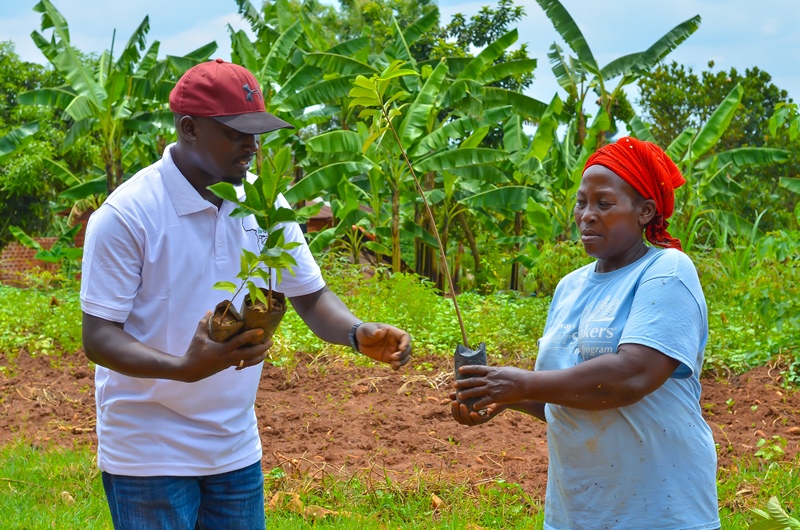
“Climate change is real and we must take action now. There is no better way to do it than starting at the family level. Family is the base of a community and we want family heads to teach children and those in their care the importance of planting trees,” Nimusiimah said.
He led a team of Eco Talk Africa officials to plant trees in Kizima village, Makukuba parish in Nakifuma sub-country, Mukono district. The team was joined by local council (village) leaders and residents to plant trees in different families.
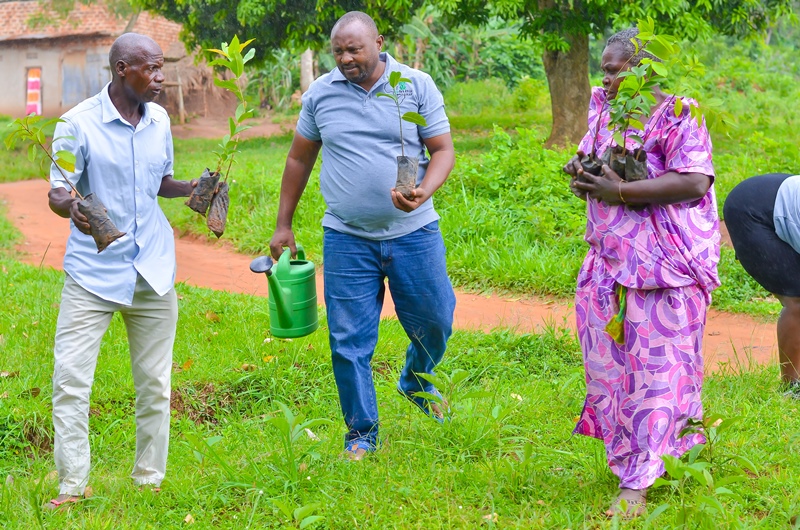
Lawrence Lukwago, the LC1 Chairperson of Kizima village, welcomed the idea and promised to see his residents embrace the project. You coming to this village and your commitment will inspire people to plant trees. I can see that you have brought fruit trees but we want all sorts of trees,” he said.
He revealed that while Kizima and Mukono at large was endowed with trees, people with motorized machines have cut down the trees and left the land bare and unproductive, especially for agriculture purposes.
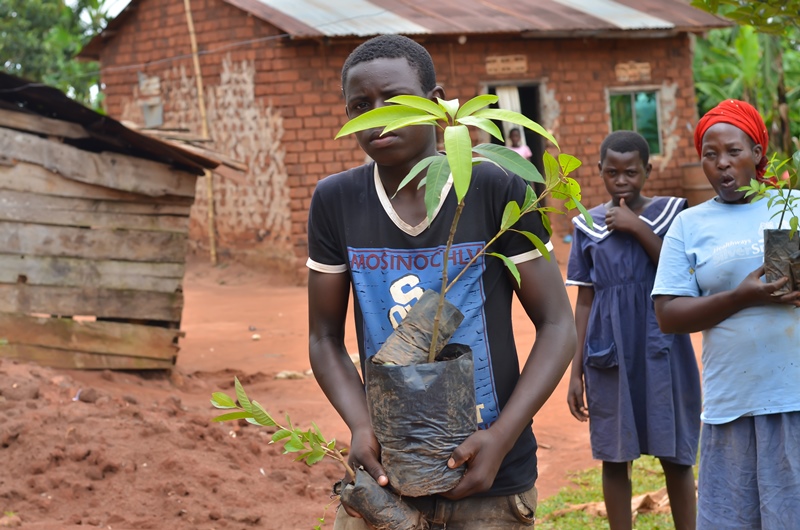
The ten trees per family project will give out fruit trees like the mango tree, orange tree, jackfruit tree, guava tree, avocado tree, lime tree, lemon tree, and tangerine tree.
Fred Mubiru, a resident of Nakifuma appreciated the initiative and acknowledged that trees as windbreakers help farmers. “I encourage people to plant trees to protect the environment and prevent our land from turning into a desert,” he said.




